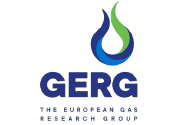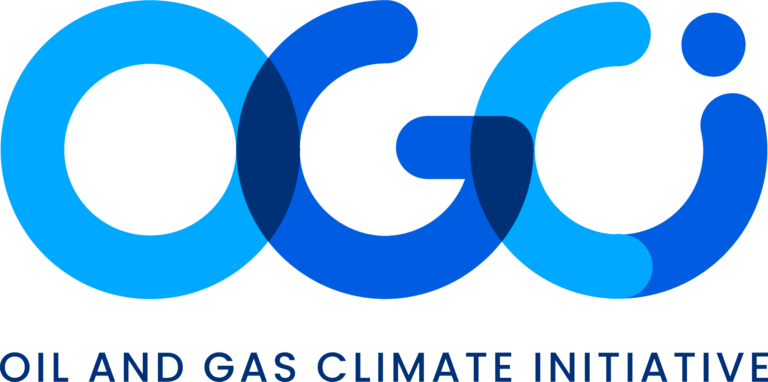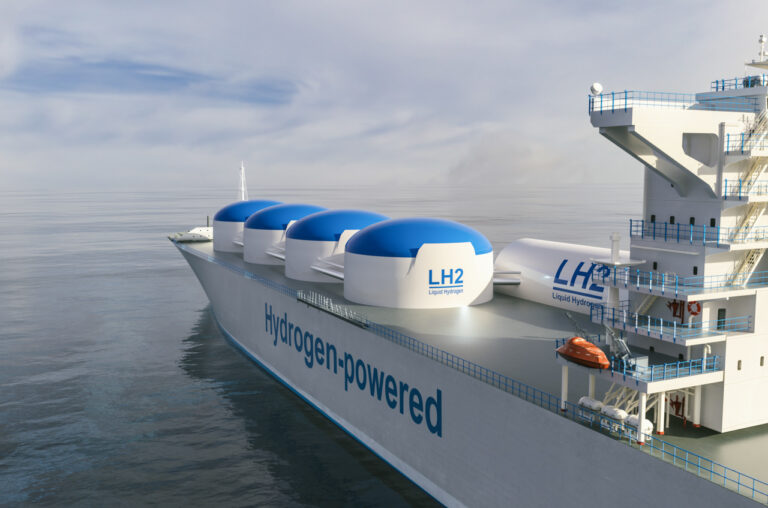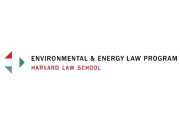This management summary outlines the objectives and findings of the MEEM project, which aimed to develop a consistent and accurate method for estimating methane emissions from the gas distribution grid across Europe. The project identified best practices and optimization potentials of existing methods, defined system boundaries, and categorized emissions into Intrinsic, Incident, and Operational types.
Methane emission estimation method for the gas distribution grid
The European Gas Research Group, GERG, along with its member organisations, work with the European energy community to develop innovative solutions which place our gas infrastructure at the heart of the energy system, now and in the future.


OGCI and its member companies do not assume any responsibility for the accuracy or reliability of any information offered by third-party websites linked though this site. The views expressed in the external content do not necessarily reflect those of OGCI or its member companies. See our Terms of Use.
Region
Europe
Published
2018
Resource Type
Methodology
Category
Detection and quantification technologies
More info
Sub-Category
Technology performance
Segment
N/A
Equipment
N/A
Related resources
This resource outlines the work and research conducted by EQT’s Production and Environmental teams to target low-cost opportunities for abating methane emissions from natural gas-driven
MiQ has developed and launched the Gas Buyers Methane Emissions Calculator, a tool designed to help natural gas buyers assess the potential methane emissions reductions
The article from the Harvard Environmental & Energy Law Program examines the risks associated with using the Congressional Review Act (CRA) to reinstate EPA methane
Recently visited resources
The IEA’s gas flaring page reviews global flaring trends, environmental impacts, and reduction strategies. It discusses flaring’s role in greenhouse gas emissions and offers links
Brochure created by GasNaturally discussing methane emissions in Europe. It highlights the environmental impact of methane, O&G sources, and emission reduction strategies. The document also
This book highlights the business case for reducing gas flaring and methane emissions (FMR), offering a framework for policymakers to evaluate FMR project feasibility and













